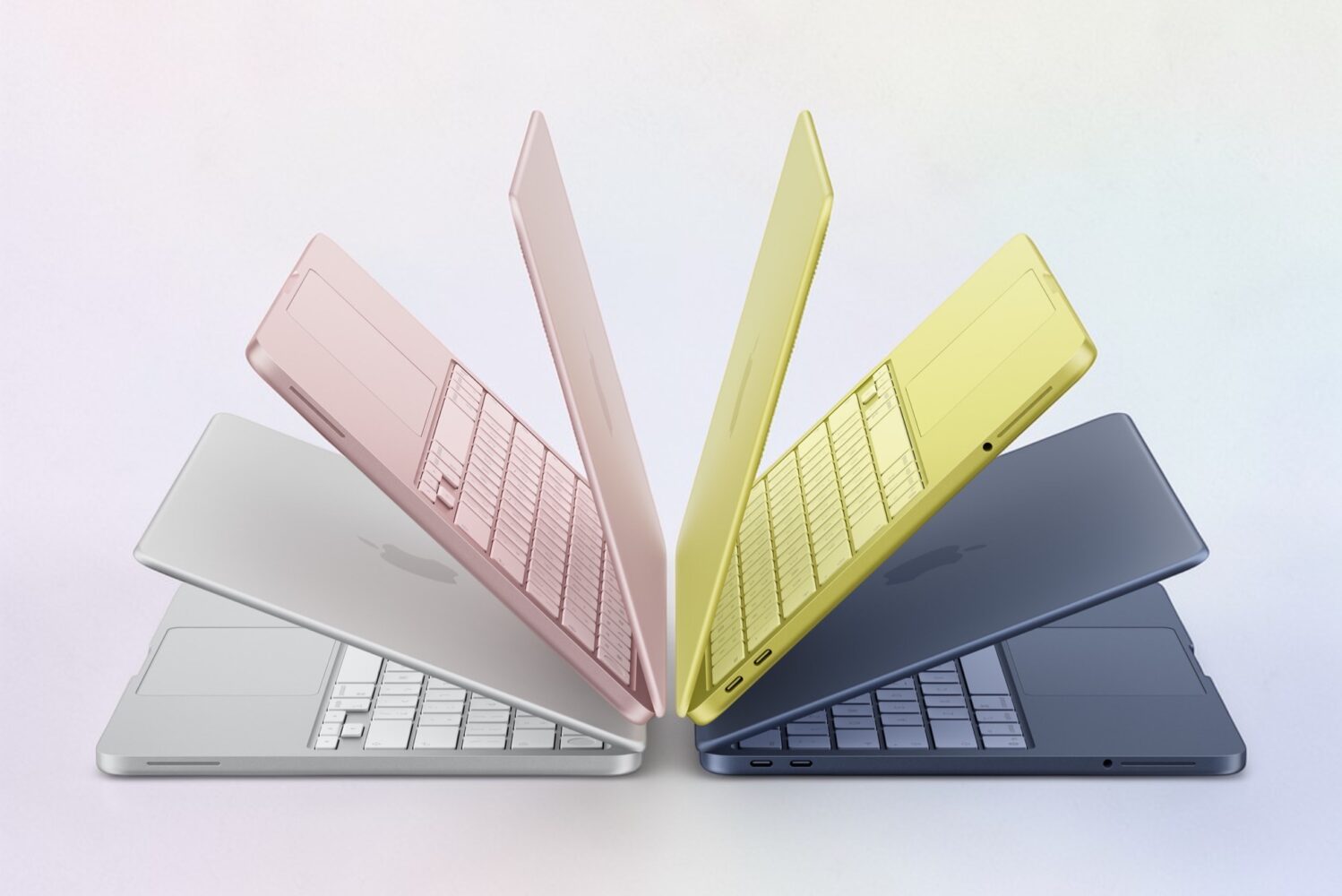Samsung may be preparing to expand its lineup of wearables beyond the traditional smartwatch and fitness tracker, exploring form factors that include smart earrings and AI-powered necklaces. This insight comes directly from Woo-joon Choi, Chief Operating Officer of Samsung’s mobile experience division, who recently confirmed the company’s ongoing experimentation with a wider range of body-worn technology.
The statement, shared during a conversation with CNN, suggests that Samsung envisions a future where wearable devices are truly “wearable” in the literal sense—not handheld, not screen-dependent, but seamlessly integrated into daily attire. “You shouldn’t need to carry it,” Choi noted, hinting at a shift away from reliance on smartphones for real-time information and interaction.
While the company already offers the Galaxy Ring—a finger-worn health tracker that emphasizes discreet form and function—Samsung’s next steps appear to move further into lifestyle and fashion territory. The mention of earrings, necklaces, glasses, and rings opens the door to a wider portfolio of devices that could house AI assistants or health-tracking tools without the bulk or design constraints of current-gen smartwatches or earbuds.
The idea reflects broader industry trends toward ambient computing and AI integration. With the rise of generative AI platforms like ChatGPT and Google Gemini, consumer expectations are evolving. People now want digital assistants that are proactive, contextual, and easy to interact with—ideally without needing to unlock a phone or stare at a screen. Wearables embedded in jewelry could allow for this kind of low-friction, natural interface—always listening, always accessible, and embedded in everyday objects.
Samsung’s wearable ambitions may also intersect with its work in extended reality (XR). The company is currently developing a mixed reality headset under the codename Project Moohan, expected to launch in September, and is reportedly working on XR-enabled smart glasses. These ventures point to a more immersive, screenless future where computing power is distributed across multiple discreet wearables rather than concentrated in a single device.
Still, it’s important to underscore that these ideas are exploratory. As Choi put it, Samsung is “looking at all kinds of possibilities,” and not every concept will necessarily reach commercial production. Many tech companies file patents and prototype wearable concepts that never make it to retail, either due to technical limitations, regulatory hurdles, or lack of consumer interest.
Yet the mention of smart earrings or AI necklaces from a company like Samsung isn’t just idle speculation—it signals a willingness to rethink the role wearables play in our lives. Whether for health, productivity, or communication, the next wave of wearable tech may look less like a gadget and more like fashion—integrated into our daily routines in ways that are both functional and discreet.







